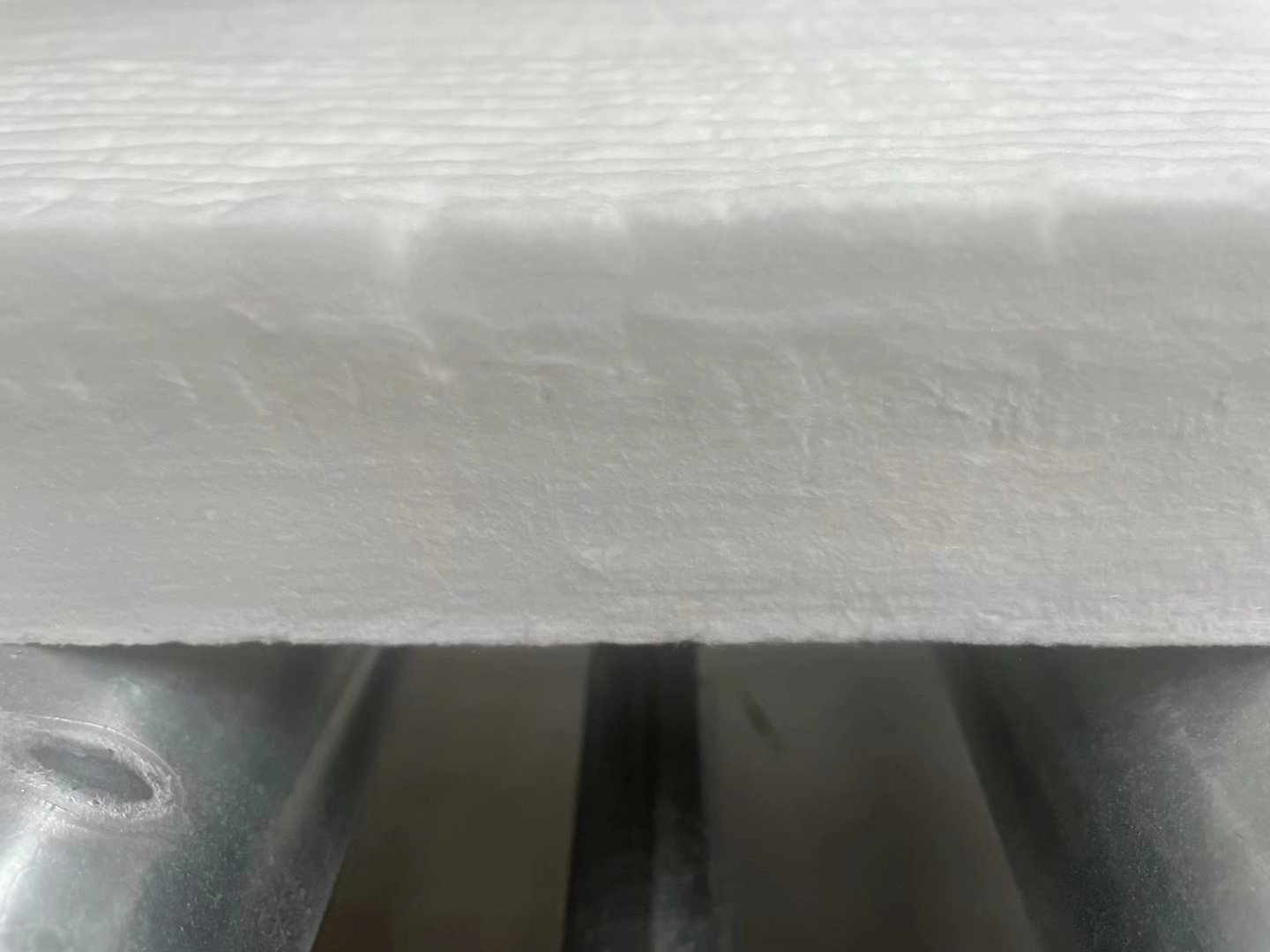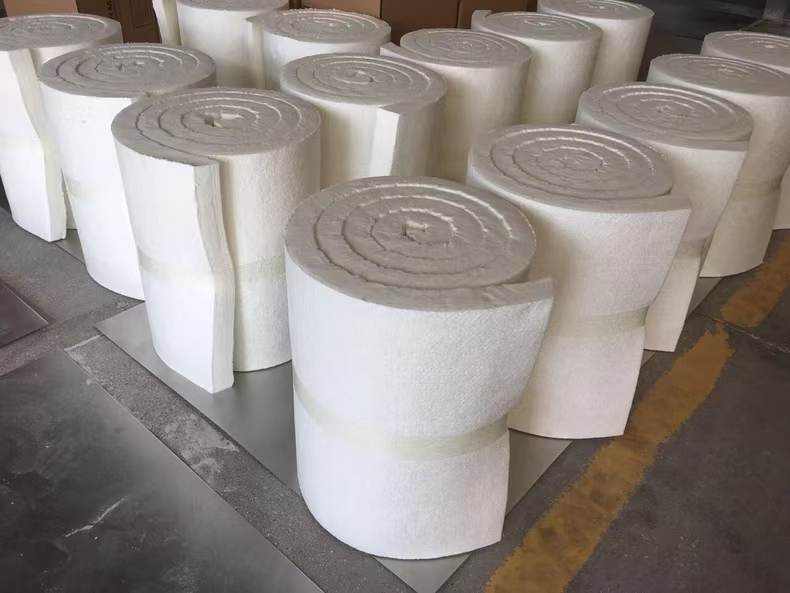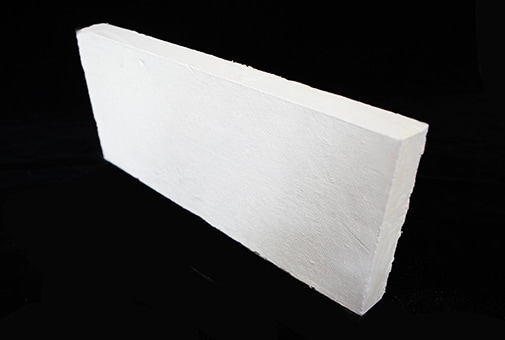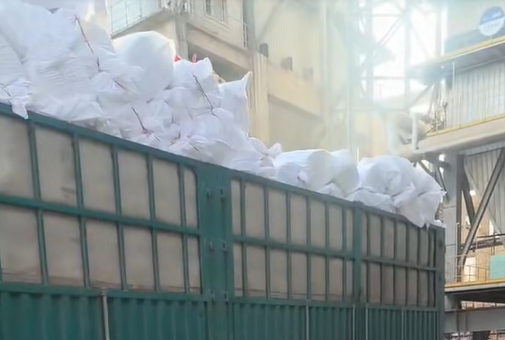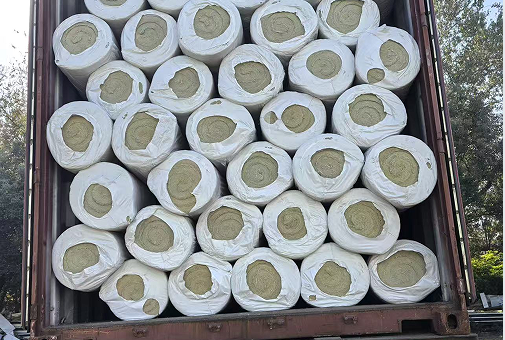In the heart of the Middle East's booming petrochemical industry, a major Saudi Arabian refinery recently faced a critical challenge with its crude oil heaters. The refinery, a key player in the global energy market, was grappling with excessive heat loss and metal fatigue in the heater pipes and chamber walls. This not only led to significant energy inefficiencies but also posed risks to the operational lifespan of the equipment. Rosewool Insulation Refractory Co.,Ltd., a leading provider of high - performance insulation solutions, stepped in with a game - changing solution using
ceramic fiber blankets.
The Background: Persistent Heat Loss and Equipment Fatigue
The refinery's crude oil heaters are the workhorses of its operations, responsible for raising the temperature of crude oil to the required levels for refining processes. However, the existing insulation system, which consisted of outdated calcium silicate materials, was no longer up to the task. The calcium silicate insulation failed to adequately contain the heat generated by the heaters, resulting in substantial heat loss to the surrounding environment. This meant that more energy was being consumed to maintain the desired operating temperatures, driving up operational costs.
Moreover, the constant exposure to high temperatures and thermal fluctuations caused severe metal fatigue in the heater pipes and chamber walls. The refinery was experiencing frequent equipment failures and costly repairs, leading to production downtime and reduced overall efficiency. With the increasing demand for refined oil products, the refinery needed a reliable and high - performance insulation solution to address these issues promptly.
The Solution: Rosewool's Ceramic Fiber Blankets
Rosewool Insulation Refractory Co.,Ltd. proposed a comprehensive solution centered around its premium ceramic fiber blankets. These blankets, designed specifically for high - temperature industrial applications, offered several distinct advantages over the previous calcium silicate insulation.
First, the ceramic fiber blankets were carefully wrapped around the heater pipes, creating a seamless and highly efficient thermal barrier. The flexibility of the blankets allowed for a snug fit, even around complex pipe geometries, ensuring minimal heat leakage. Additionally, the blankets were installed on modular wall panels that lined the chamber walls of the crude oil heaters. This modular design not only simplified the installation process but also made future maintenance and replacement of the insulation much easier.
The ceramic fiber blankets from Rosewool were engineered with advanced manufacturing techniques, using high - quality raw materials. Their low thermal conductivity was a key factor in their superior heat - insulating capabilities. Compared to the calcium silicate insulation, the ceramic fiber blankets could withstand higher temperatures without degradation, making them ideal for the harsh operating conditions of the refinery's crude oil heaters.
The Impressive Results
The implementation of Rosewool's
ceramic fiber blankets brought about remarkable improvements in the refinery's operations:
- Significant Increase in Thermal Efficiency: The refinery witnessed a boost in thermal efficiency of over 25%. The reduced heat loss meant that less energy was wasted, allowing the crude oil heaters to operate more efficiently. This translated into substantial savings in fuel consumption and operational costs, contributing directly to the refinery's bottom line.
- Extended Equipment Lifespan: By effectively reducing heat transfer and minimizing thermal stress on the heater pipes and chamber walls, the ceramic fiber blankets played a crucial role in extending the lifespan of the equipment. The incidence of metal fatigue - related failures decreased significantly, leading to fewer unplanned shutdowns for repairs. This not only increased the reliability of the refinery's operations but also reduced maintenance costs in the long run.
- Simplified Maintenance: The lightweight nature of the ceramic fiber blankets made them easy to handle during installation and maintenance. The modular design of the wall panel insulation system allowed for quick and hassle - free replacement of individual sections if needed. This streamlined maintenance process reduced the time and effort required for upkeep, enabling the refinery to keep its operations running smoothly with minimal disruptions.
